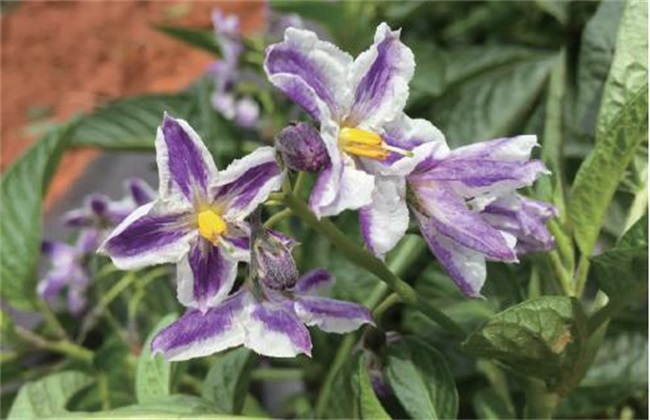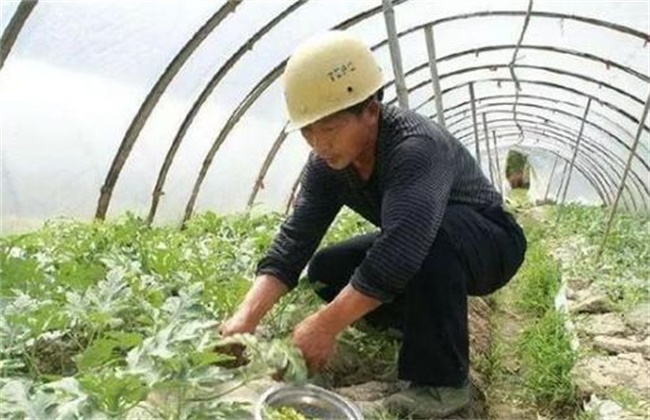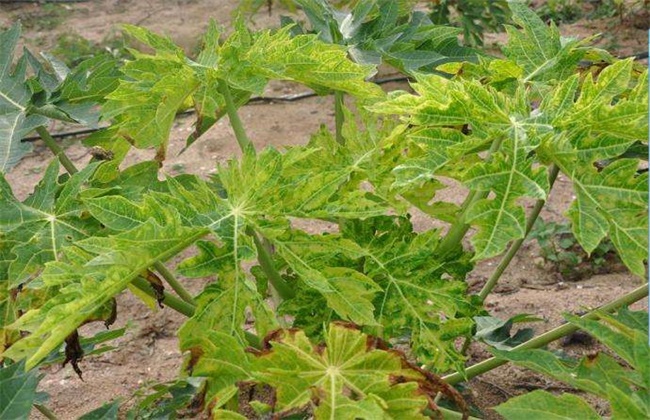Management of flowering period of ginseng fruit
Unlike other fruit trees, ginseng fruit blossoms in the same year and bears fruit in the same year, so the flowering period is very important. If there is any mismanagement, the flowering period will be delayed, and the fruit will be even later. One-year-old seedlings will bear fruit in the second year, and three-year-old seedlings will bear fruit in the same year. Flowering period has a direct impact on fruit, and it is also the focus of planting management. We should take some measures to make trees blossom early, blossom more, produce high-quality flowers, and then improve fruit setting rate. Specific measures will be introduced below.

I. temperature and humidity
Keep the most suitable temperature for growth, about 25 degrees, about 15 degrees can blossom smoothly, plants grow poorly below 5 degrees, and frostbite will die below 0 degrees. 15 degrees to 30 degrees blossom smoothly, continue to bloom. If there are more flowers at this temperature, the fruit setting rate will increase and the yield will be increased. The florescence is about a week, so the florescence can not encounter high temperature. Ginseng root is afraid of waterlogging, so in the rainy season to timely drainage, pay more attention to the weather, do not water before rain. In particular, the high humidity of planting in the greenhouse can easily cause downy mildew. Ginseng fruit is a semi-drought-tolerant fruit tree, the field fruit flowering water content is about 60%, flowering water is sufficient, too much humidity is easy to rot flowers.
II. Soil climate
Planting in loose and fertile soil has better nutritional conditions, which can meet the needs of flowering, the greatest demand for potassium fertilizer, followed by nitrogen fertilizer, flowering period to mainly supplement calcium, phosphorus, magnesium, ginseng fruit is a subtropical fruit, mainly suitable for planting in the south. If the climate affects the temperature, it will affect the flowering, or even fail to blossom.
Third, thinning flowers and fruits
After flowering, it is generally necessary to carry out flower thinning, which is to concentrate nutrition to supply high-quality flowers for development, mainly to remove flowers harmed by diseases and insect pests, and dense clusters of flowers to stay excellent and weak, and to leave fewer flowers on weak branches and more flowers on strong branches. for some dense, low-hanging branches, weak branches, diseases and insect pests should be cut off. This reduces consumption and increases photosynthesis. Ensure that the flowers develop into high-quality fruits.
Fourth, protect flowers and fruits
Many fruit trees will have physiological fruit drop, and so will ginseng fruit. Most of them are caused by poor fertilization or excessive vegetative growth, which inhibits reproductive growth, so the solution is artificial pollination to ensure fertilization. There is less nitrogen fertilizer in the early stage, mainly in the flowering and fruiting stage, so that we can enter the flowering stage as soon as possible. It can also be sprayed with growth regulators such as anti-falling hormone to protect flowers.
This is the end of the management of the flowering period of ginseng fruit. I hope friends in need can read and understand it and be helpful. Pay attention to more agricultural content and continue to follow our follow-up updates, and there will be more about ginseng fruit.
Related
- Moge, come on! The staff of the peasant association in the producing area of cantaloupe were frightened when the crowd gathered.
- Causes and Solutions of low Fruit setting rate of Apple
- Symptoms and control measures of passion fruit virus disease
- Fruit growing lesson: how do apple orchards keep high yields?
- Can you build orchards in the mountains? What are the pros and cons?
- How to manage the coloring period of Crisson grape?
- This paper introduces the processing technology of two kinds of fig products.
- How much is a month for retired teachers in rural areas by 2020?
- How can strawberry planting increase sugar content? We should pay attention to management in many aspects.
- What are the cultivation techniques on how to improve the yield of golden fruit?



